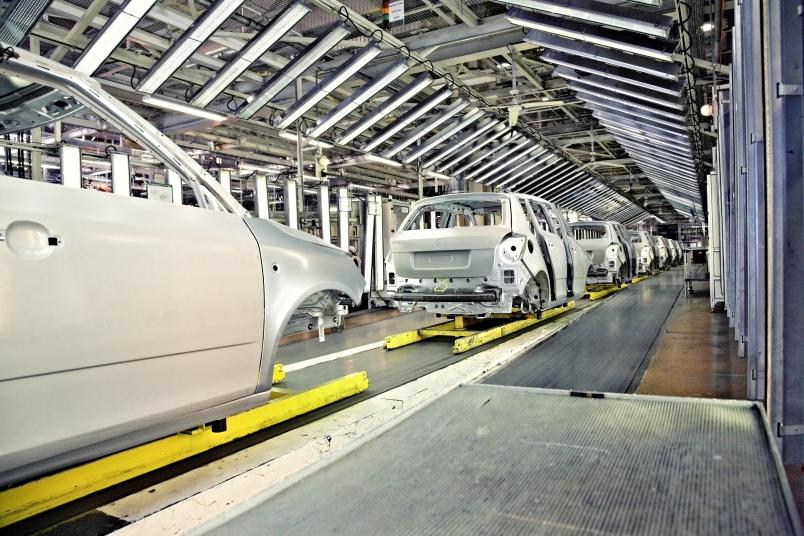
In Year 1 (common path) you will study the main vehicle systems with electric and hybrid powertrains: electric motor, battery pack and internal combustion engine, energy management, vehicle dynamics control systems and driver assistance systems, car body and its aerodynamics.
Towards the end of Year 1, you will start to be involved in subjects that will prepare you for one of the four specialized pathways that you will choose in Year 2. Each pathway has a special focus on different features of the new vehicles:
At the end of the programme you will have to pass a final examination which consists in writing a thesis at the University or in a private company.
The Master’s degree programme is English-taught.
You will take part in face-to-face lectures, classroom practicals, computer and experimental laboratories, interdisciplinary group work. You will work on technical reports and analyse case studies through guided exercises and projects carried out in cooperation with automotive companies.
As part of the Erasmus+ project, you will have the opportunity to study at a partner university for a semester, or to attend your final year at the University of Windsor (Canada), earning a double degree.
You will be able to put into practice what you have learned by joining a Student Team. These groups design and build prototypes to compete in international university competitions. Working in a Student Team gives you the opportunity to design and build prototype vehicles, also in cooperation with motorsport companies.
You will be able to test your ability at work while you write a thesis project in an automotive company. Being hired is a strong possibility after you graduate.